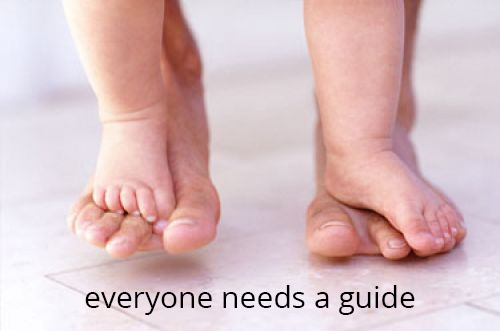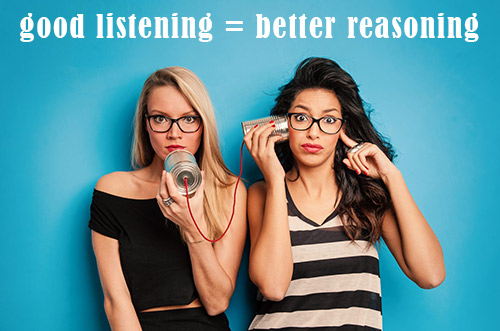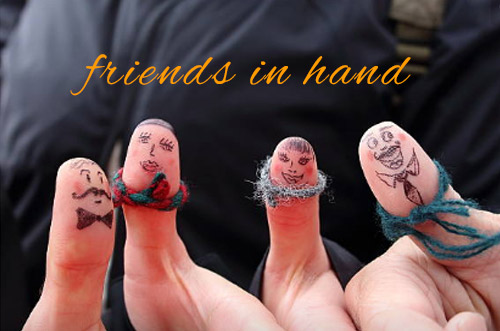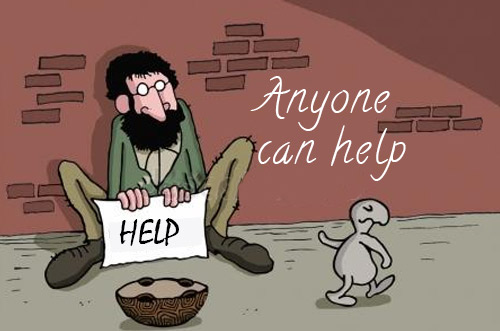From making the grade in school and finding awesome friends to figuring out what you want to be when you grow up, these six essential life lessons will set you up for success in high school, college and beyond.
There’s a formula for success.
And it’s pretty simple. Ready for it? (Talent x effort) x effort = achievement. Psychologist, author and MacArthur “Genius” fellow Angela Duckworth came up with this formula, and here’s what it means in a nutshell: Put effort into your talent, which will polish that talent into a skill. Then put even more effort into your skill to achieve. For students, this concept simply boils down to doing the work. You won’t be talented in every class, but developing any skill requires effort. Don’t put it off or look for shortcuts — prepare, plan, show up and study.

Take action to find your passion.
One of the biggest questions plaguing students is: What do I want to do for a living? You may have a vague sense of your future professional interests, or you may have no idea. Rather than get lost in the rabbit hole of your mind, actually go out and get some experience. Think you might want to be a reporter? Pitch an article to the school newspaper. Contemplating becoming a tutor? Offer to tutor someone. Pursue internship opportunities, and consider a job shadowing someone you know. “There’s no way to be 100 percent sure you’re going to fit into a position until you’ve actually tried it,” certified career coach Hallie Crawford told Monster.com,“ and shadowing or volunteering is as close as you can get.”

It’s a marathon, not a sprint.
“As an incoming freshman, I wish I’d known I didn’t need to know everything!” university student Grace Carita told the New York Times. “I was so wrapped up in the idea that I had to know my major, how to navigate campus and the social scene … Sometimes the beauty is in figuring these things out organically.” You have four years of high school and another four years of college to explore your options — and even then, the timer doesn’t go off. Don’t be in a rush to get through school, and don’t put pressure on yourself to have everything figured out immediately. Try to keep an open mind, and give yourself grace — the puzzle pieces will start falling into place over time.

There is power in listening.
We’ve all heard the saying: Listen more than you talk. But what’s the logic behind it? For students, being a good listener has several important benefits. Not only will you gain new knowledge and inside information, but you’ll also build rapport with the speaker, which is a key element of relationships and networking. So how do you really listen? Ask questions , and follow body-language expert Jan Hargrave’s tenets of deep listening, which include making eye contact, being present and focused, and providing nonverbal feedback like nodding, smiling and leaning a little toward the other person.

Good friends sharpen each other.
The Miami Herald reported that friendships play an essential part in building self-confidence and social skills, and they’ve even been found to influence success in school. So how do you find the right people to go to high school and college with? Consider joining clubs, sports teams, and other extracurricular activities to meet like-minded students. If you’d like to hang out with someone one-on-one, break the ice by planning a group activity like seeing a movie, going out to eat or attending an upcoming soccer match. (If asking for someone’s number feels too awkward, suggest connecting on social.) Forming a study group can also pave the way toward lasting friendships. Need proof? Watch Community on Hulu.

Help is not a four-letter word.
OK, technically, it is, but not in the course or offensive way. We may hesitate to ask for help for fear of seeming needy or incompetent, but asking for help reveals strength, not weakness. When grades are falling and stress is building, take advantage of the resources available to you. Hire an online tutor; visit your school’s academic support center; schedule office hours with your teacher; sit down with your advisor.“The truth is that we all have gifts to share — time, talent, connections, insights, experience, skills, resources, hospitality,” writes author Margie Warrell in her book, Brave. “And most people love to share them!”







Add comment